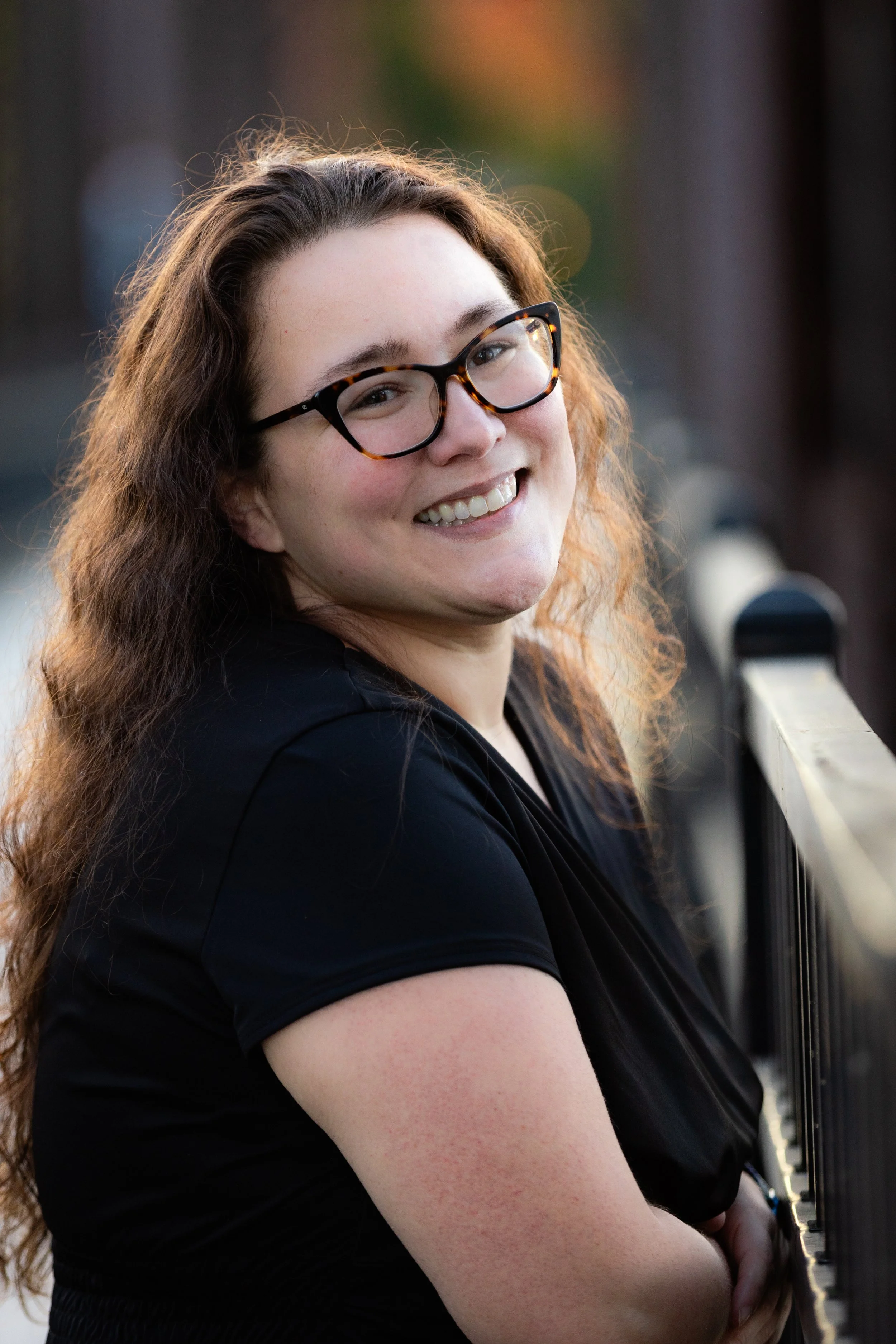Adrian E. Morneau
Educator | Conductor | Soprano
Educational Values:
Creativity | Collaboration | Musical Fluency
Diversity, Equity & Inclusion | Social-Emotional Competencies
“We do not teach the arts because they make you smarter or because they are fun. We teach the arts because they are the essential core to the human spirit.”
-Dr. Dennis K. Cox
Our role as educators is to foster a safe, warm, and welcoming environment for every student to learn and grow. More specifically, our role as music educators is to build upon that foundation of a safe classroom with additional focuses on collaboration, diverse repertoire, equity and inclusion, and the development of social-emotional intelligence. These attributes of the music classroom are paramount to the success of every student musician both in and out of the classroom. Student musicians are bound to make many mistakes as they hone their skills and, as those mistakes occur, a safe and caring classroom will enable students to learn and grow in a forgiving and structured environment. It is critical that as an educator and mentor, I am vigilant in fostering this kind of environment so that I may prepare all students who leave my classroom to become well-rounded, compassionate humans.
The second most critical aspect of being an educator is to facilitate the opportunity for my musicians to have a student-centered learning experience. By allowing time for my musicians to truly experience music making, I am continually instilling the values for their education that I believe will serve them best throughout their lives. This student-centered, collaborative approach to learning will naturally allow students to become lifelong musical people, even if they never pursue music as a profession (I like to p-’n.]consider this the “thirty-year-plan'“). Singing, playing instruments, folk dancing, and reading music are a small part of what it means to be a musical person. Students who leave my classroom will be able to sing songs to their future families, or be able to maintain a steady beat and move to any type of song at a dance or wedding. They will be able to showcase appropriate audience etiquette at a multitude of functions. They will have the skills, knowledge, and social-emotional competencies to hear new music and think about it’s artistic value critically. From this values-based approach, my students will leave school with the foundational musical knowledge and skills to carry them through the rest of their lives and will forever hold a deeper appreciation for the vast array of music that surrounds them in their daily lives.
Through music education, I not only prepare children to read music, sing songs, or play various instruments; I prepare them to successfully enter society with skills to connect not only with their own emotions and how to process and cope, but also with others around them. My students should, and will, be able to express themselves in an appropriate and profound manner through their educational journey in my classroom.
Music education is more than singing and playing instruments; it is creative problem solving, discipline, flexibility, and cooperative learning with others.
